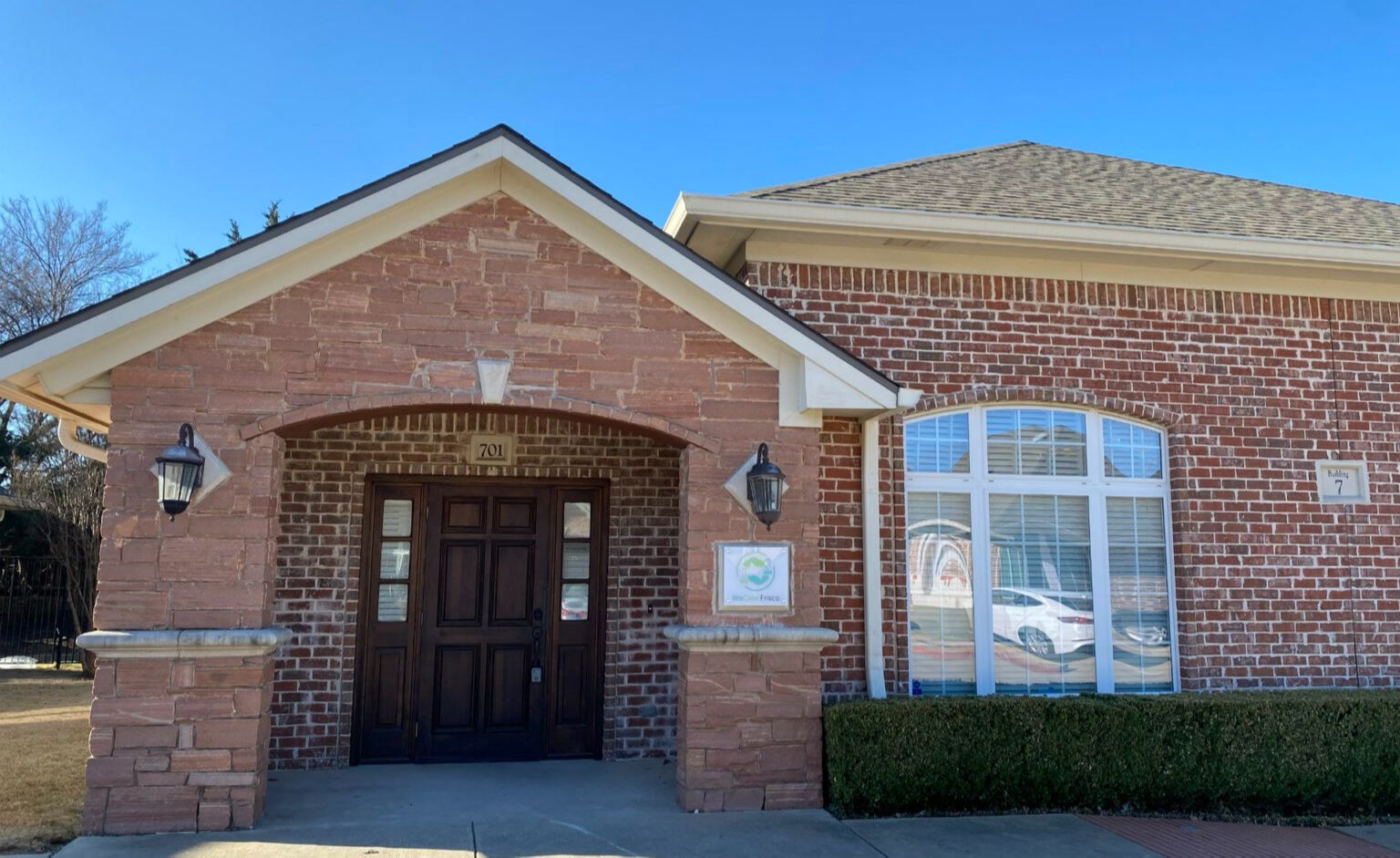
Aging and the Loss of Muscle Mass
May 05, 2022By Jennifer Engels, MD
First, the bad news. Age-related muscle loss – medically known as sarcopenia – affects us all. After age 30, you begin to lose muscle mass at the rate of about three to eight percent per decade, which equates to losing about five to seven pounds of muscle tissue each decade, from our 30s onward.
This loss of muscle mass has a number of unfortunate consequences. For example, the less muscle we have, the less efficient our bodies are at burning fat. That decline in fat-burning efficiency, combined with a falling metabolic rate as we age, leads to the accumulation of fat and the proverbial “middle-age spread.”
In addition, less muscle means greater weakness and less mobility, and these increase your risk of falls and fractures. The American Society for Bone and Mineral Research reported in 2015, for example, that people with sarcopenia had 2.3 times the risk of suffering a low-trauma fracture from a fall, such as a broken hip, arm, wrist, leg, or collarbone, in part because our bones are less protected by muscle than they were earlier in life.
Symptoms of Sarcopenia
The symptoms sarcopenia will vary, of course, from one individual to another, but generally include things such as:
- Reduction in muscle size
- Weakness
- Reduced endurance
- Poor balance
- Difficulty doing ordinary things like climbing stairs or even getting out of a chair
Causes
As we age, certain changes take place in our bodies that contribute to the development of sarcopenia. One of these is the reduction in our body’s ability to produce the proteins needed for muscle growth, and when protein levels fall, muscle cells tend to get smaller.
In addition, declining levels of certain hormones, such as testosterone and insulin-like growth factor (IGF), may also be a contributing cause. For women there is also the complicating factor of the hormonal shift associated with perimenopause and menopause, during which women lose the protective effect of estrogen.
It appears that the hormonal changes in women’s bodies during this period speed the loss of both muscle mass and strength. One recent study concluded that women can be weaker between ages 65-69 than men between the ages of 85-89. And another complicating factor for women is that the drop in estrogen levels leads to a decline in bone density.
Finally, additional things contributing to the loss of muscle mass over the years include:
- A sedentary lifestyle – Getting little or no regular exercise increases the risk of sarcopenia as we age.
- Poor nutrition – Poor dietary habits, often very common in older adults, can also contribute to sarcopenia. According to the International Osteoporosis Foundation, up to 41 percent of women and 38 percent of men over age 50 eat less protein than the recommended daily allowance.
Finally, the Good News
All of this being said, the good news is that while we can’t avoid getting older, there are lifestyle changes we can make to limit the loss of muscle mass.
Exercise
We’ve all heard the expression “use it or lose it,” and that certainly applies to our muscle mass. Simply stated, when muscles are not used, they shrink, while conversely, working your muscles helps maintain muscle mass, strength, and vitality.
A key thing to remember regarding exercise is that while aerobic exercise is great for cardiovascular health, it does not build muscle mass. To accomplish that, you need to supplement your aerobic activity with strength (resistance) training.
The CDC recommends that older adults participate in some type of strength training at least twice a week, and you don’t have to join a gym to do this. You can do basic exercises at home using simple, inexpensive equipment like dumbbells, kettlebells, and resistance bands. If you don’t want to use any equipment, here is an excellent workout that uses your own body for resistance training.
In addition to not having to join a gym – though you certainly can if you desire – strength training does not have to represent a huge investment in time. Devoting 20-30 minutes to strength training two to three times a week can go a long way in reversing age-related muscle loss.
One word of caution, however: If you’re not accustomed to exercise, ease into your routine, gradually increasing the weight and the number of repetitions. Overdoing can lead to soreness and even injuries that may cause you to give up and return to your couch and a sedentary lifestyle.
And one other word of caution: Be sure to consult with your physician before beginning any exercise program.
Diet
With regard to diet, consuming adequate amounts of protein daily is the key to combating the loss of muscle mass, especially for older adults. Recent studies indicate that the ideal protein intake for a healthy older adult is 1 to 1.2 grams of protein per kilogram of body weight per day.
We don’t want to get too involved in the math, but a kilogram (or kilo, for short) equals 2.2 pounds. So, for example, if you weigh 150 pounds, dividing that weight by 2.2 equals about 68 kilograms. The 68 kgs multiplied by 1 and by 1.2 grams means you should consume between 68 to 82 grams of protein daily.
Readily available foods that are naturally rich in protein that should be mainstays in your diet include eggs, almonds, chicken breast, turkey, cottage cheese, Greek yogurt, skim milk, lentils, lean beef, and fish.
Assistance Available at WeCare Frisco
If you’re concerned with the loss of muscle mass, we can assist you at WeCare Frisco. We just acquired the InBody 570, a state-of-the-art body composition machine that can analyze your lean body mass, track changes on the Body Composition History chart, provide segmental fat and visceral fat analysis, as well as assessing intracellular and extracellular water volumes.
One primary aim of Functional Medicine is to help you live the most active and fulfilling life possible, and if you’re suffering from the effects of sarcopenia, we can assist you through a supervised program involving exercise, nutrition, and possibly, hormonal therapy as well.
So, we urge you not to hesitate. There is no need to suffer the effects of sarcopenia. Contact us at WeCare Frisco to schedule your initial consultation.



